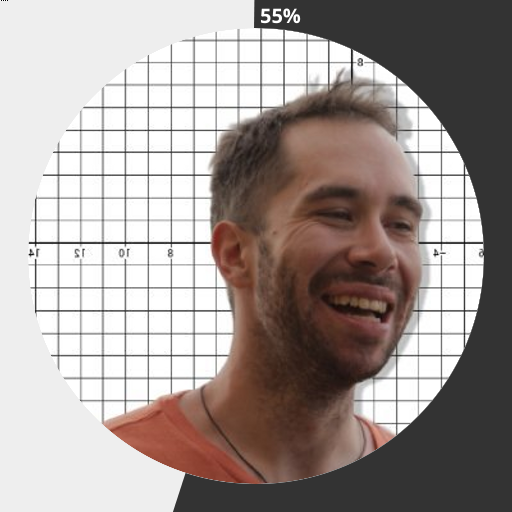# You Left Engineering Bec...
! [ rw-book-cover] (https://pbs.twimg.com/profile_images/1602541464851980288/Stnr4-Bl.png)
URL: https://twitter.com/nurijanian/status/1861469980392644867
Author: @nurijanian on Twitter

## AI-Generated Summary
None
## Highlights
> You left engineering because you were tired of:
> - PMs who don't understand system dependencies
> - "Product people" who can't think in flows
> - Leaders who demand random features
> - Roadmaps built on hope
> But what if product management was actually about systems?
> "Thinking in Systems" blew my mind:
>  ([View Tweet](https://twitter.com/nurijanian/status/1861469980392644867))
> 1/ Most technical people are trained to see the world as a series of cause-and-effect relationships:
> - Input → Process → Output
> - Problem → Solution
> - Bug → Fix
> But products are systems, with:
> - Multiple feedback loops
> - Delays
> - Unintended consequences ([View Tweet](https://twitter.com/nurijanian/status/1861469992933564862))
> 2/ Meadows taught me why obsessing with the "parameters" (features, specs, technical details) ranks as the LOWEST leverage point in any system.
> The highest? Mental models and system goals.
> PMs, take note 😅 ([View Tweet](https://twitter.com/nurijanian/status/1861470004811833498))
> 3/ Your product is not just a collection of features.
> It's a complex system where:
> - Each new feature affects existing ones
> - User behaviors create feedback loops
> - Small changes can have surprising effects
> - Solutions often create new problems ([View Tweet](https://twitter.com/nurijanian/status/1861470016744628693))
> 4/ Common PM mistake (I made this):
> Looking for "root causes" of problems.
> In systems thinking, there are rarely root causes. Instead, there are structures that produce patterns of behavior.
> This is why "5 Whys" sometimes leads you down the wrong path. ([View Tweet](https://twitter.com/nurijanian/status/1861470028526428618))
> 5/ The most powerful lesson:
> "Systems fool us by presenting themselves as a series of events."
> As PMs we often react to:
> - Feature requests
> - Bug reports
> - Competitor moves
> - Market changes
> But these are just events. The real power is in seeing patterns. ([View Tweet](https://twitter.com/nurijanian/status/1861470040446640286))
> 6/ Why do most product launches fail?
> Meadows: "The least obvious part of the system, its function or purpose, is often the most crucial determinant of the system's behavior."
> We focus on WHAT to build instead of understanding WHY the system behaves as it does. ([View Tweet](https://twitter.com/nurijanian/status/1861470052190699595))
> 7/ On stakeholder management:
> "Bounded rationality means people make reasonable decisions based on the information they have."
> Your stakeholders aren't "difficult."
> They're responding rationally to their inputs and incentives.
> Change the information flows, change behavior. ([View Tweet](https://twitter.com/nurijanian/status/1861470064157040977))
> 8/ The most useful mental model for product work:
> "Before you disturb the system in any way, watch how it behaves."
> Don't start with solutions.
> Don't jump to conclusions.
> Just observe.
> (This is why shadowing users is so powerful) ([View Tweet](https://twitter.com/nurijanian/status/1861470076190499260))
> 9/ For my technical friends:
> Your engineering mindset isn't a weakness. It's a foundation.
> Engineers understand:
> - Feedback loops
> - State management
> - Complex dependencies
> - System constraints
> You just need to apply these to human systems. ([View Tweet](https://twitter.com/nurijanian/status/1861470088165236751))
> 10/ When reviewing your products and roadmap, ask:
> - What are the key feedback loops?
> - Where are the delays in the system?
> - What are the hidden incentives?
> - Which metrics reinforce current behavior?
> - What mental models drive decisions?
> Follow [nurijanian](https://twitter.com/nurijanian) for more product thinking from a technical perspective.
> I share frameworks and practical guides in https://t.co/ngCnvp77SD if you want to dive deeper into product thinking. ([View Tweet](https://twitter.com/nurijanian/status/1861470100425171451))